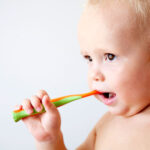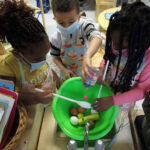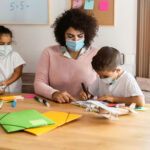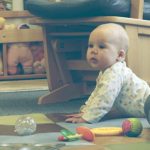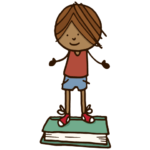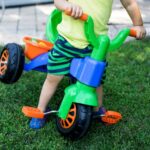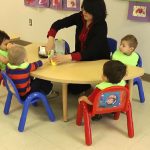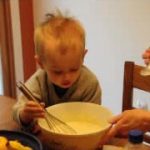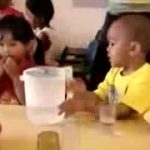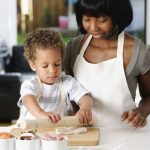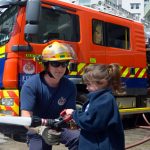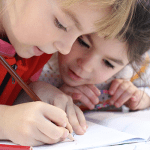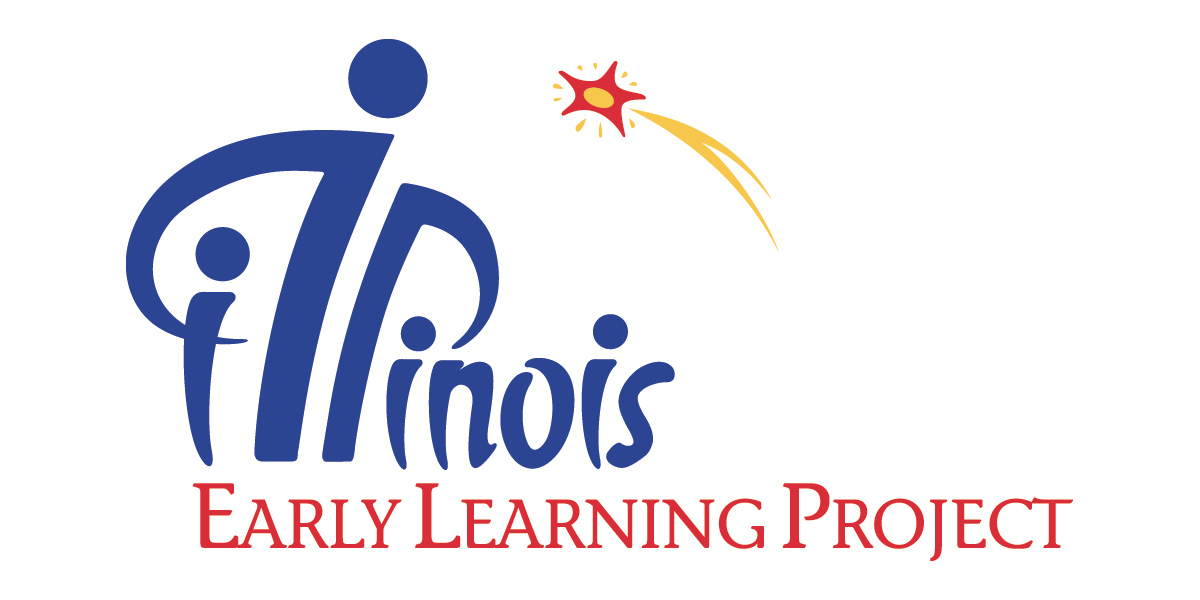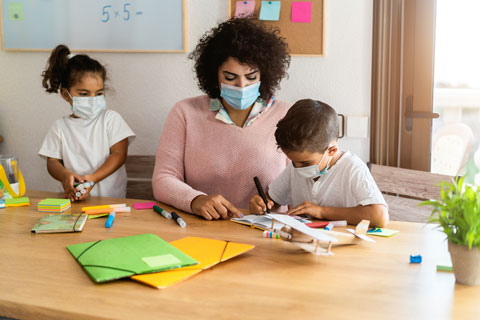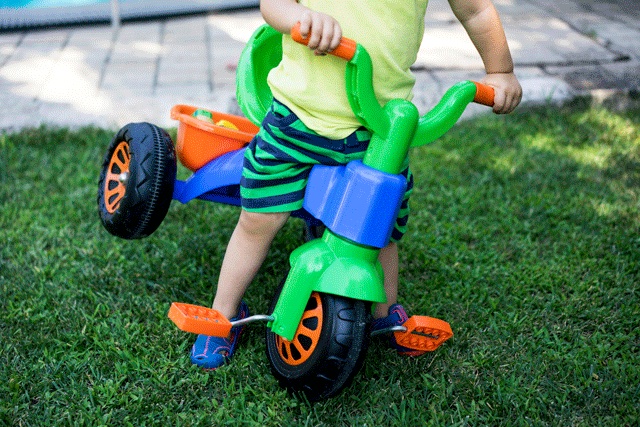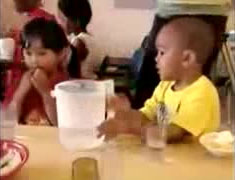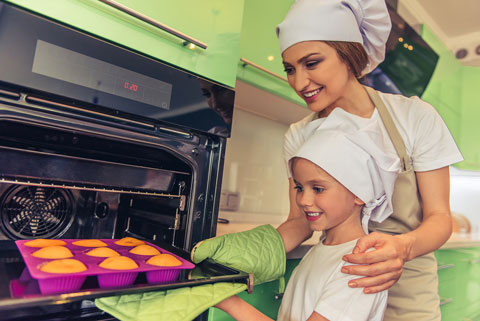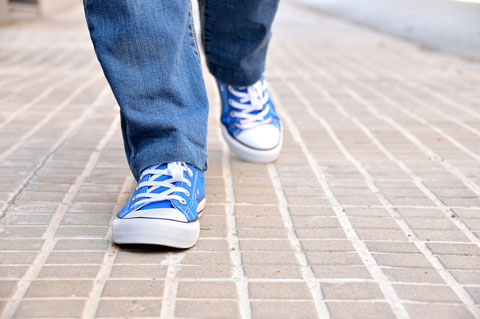Keyword: Self Care/Life Skills
-
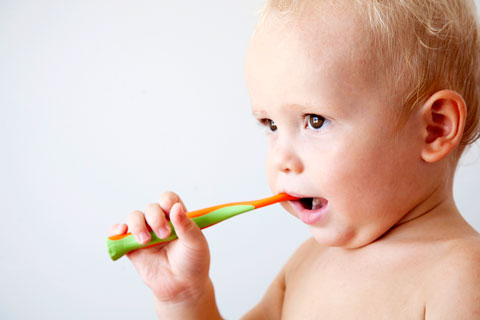
Dental Health for Babies and Young Children
Strong baby teeth are essential to a child’s health. Families can help promote healthy dental care habits and prevent childhood tooth decay.
-
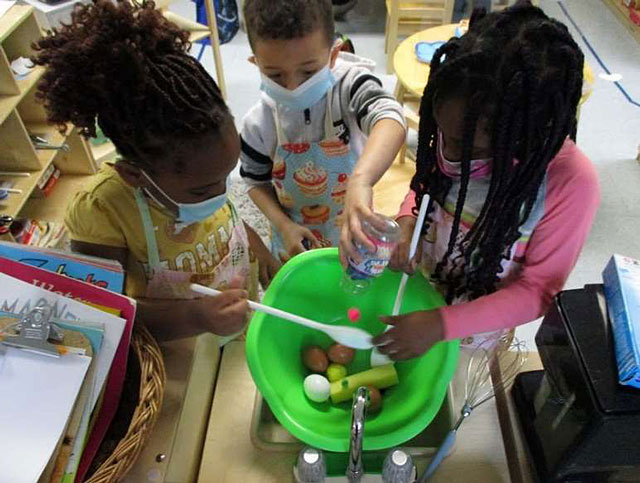
Recipes for Learning: A Baking Project
The topic of baking began to generate interest in the classroom after one child began baking with his grandmother at home.
-
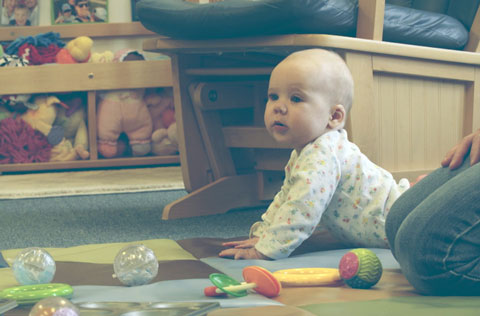
Physical Development and Health
This section of guidelines describes how infants and toddlers learn to move their bodies, take in their world through their senses, and carry out self-care routines. This section also explains how physical skills progress through development as young children’s bodies grow stronger and more able to move purposefully and with ease during everyday play and…
-

Going to Kindergarten?
Getting required health checks, practicing key skills, and visiting your new school can help your child make a smooth transition.
-

Healthy Teeth! Early Brushing and Early Visits to the Dentist
Do you remember your child’s first tooth and how it changed her smile? That first tooth is also a reminder to start good dental habits.
-
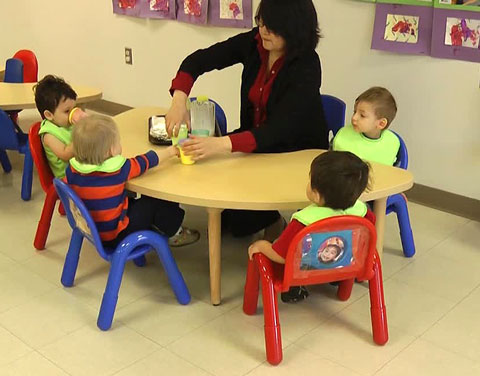
Snack Time
This interaction demonstrates the teachers’ cooperation and understanding of their roles in classroom management. It also demonstrates appropriate teacher-child interactions at the snack table.
-

Mix and Count
This video shows 22-month-old Waylon helping his grandmother mix pancake batter for breakfast. His 6-year-old brother, Luke, and his father talk off camera. In the video, we see adults using strategies for interaction that help Waylon learn about the world.
-
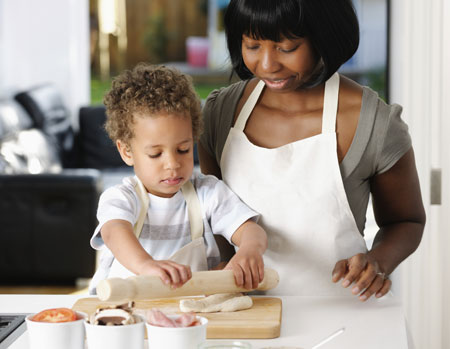
Pour It! Stir It! Yum!
Cooking is a wonderful way to engage children and provide rich learning opportunities. Cooking engages the senses and gives children hands-on opportunities to explore food.
-
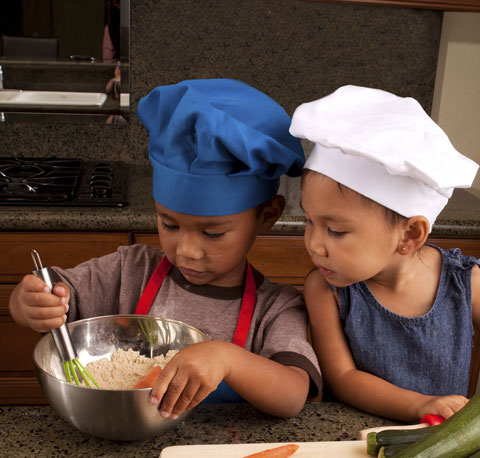
Use Care, Imagination When Introducing New Snacks
Snacks are an important part of children’s daily nutrition. Children may eat a little one day and more the next day. Their eating may relate to appetite, familiarity with a snack, or sensory aspects of the food, known as “snack appeal.”
